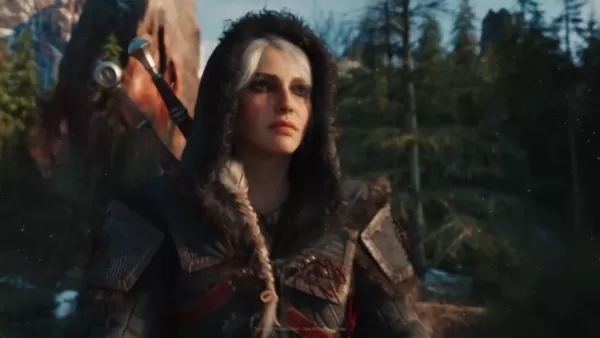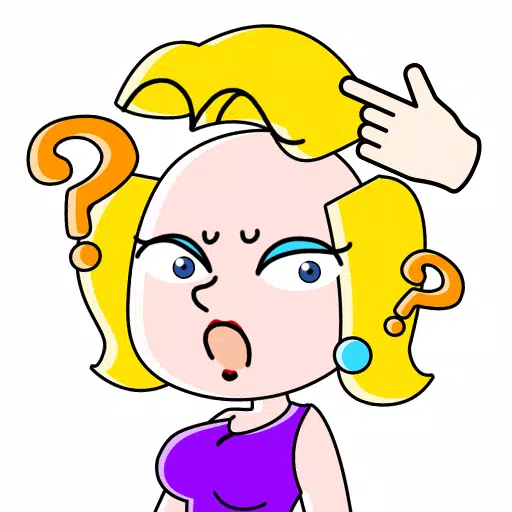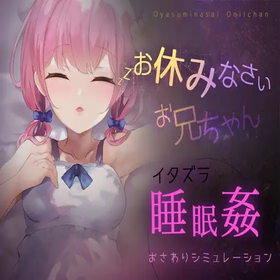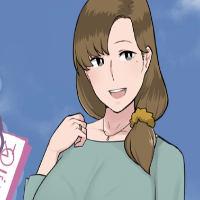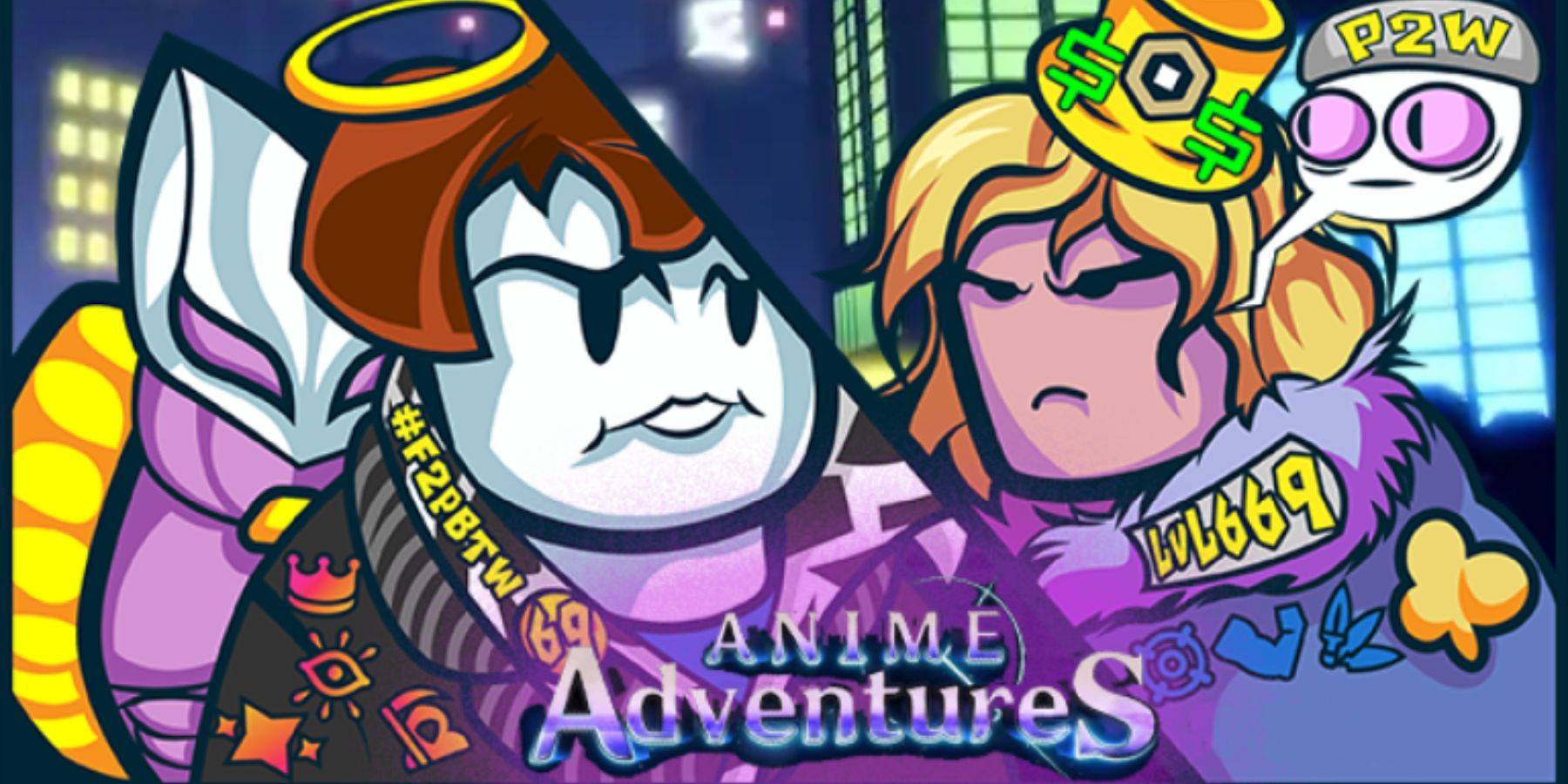Yakuza Like a Dragon Will Always Be \"Middle-Aged Guys Doing Middle-Aged Guy Things\"
 The Yakuza/Like a Dragon series, while expanding its appeal to younger and female players, remains committed to its core identity: middle-aged men navigating middle-aged life.
The Yakuza/Like a Dragon series, while expanding its appeal to younger and female players, remains committed to its core identity: middle-aged men navigating middle-aged life.
Like a Dragon Studio Prioritizes its Core Audience: Middle-Aged Men
Staying True to the "Middle-Aged Guy" Experience
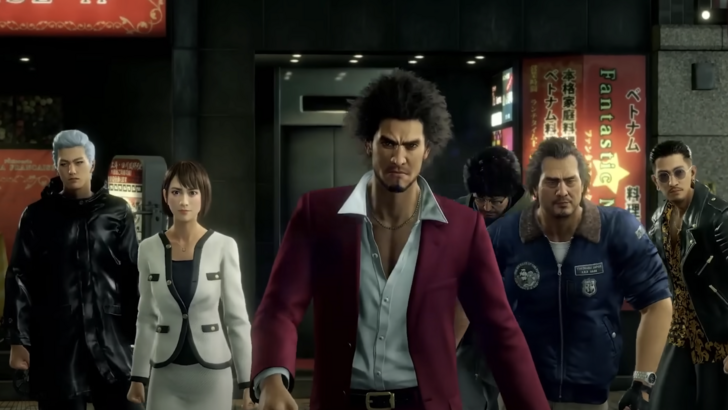 The Like a Dragon series, fronted by the charming Ichiban Kasuga, has attracted a diverse fanbase. However, the developers have affirmed their intention to stay true to the series' original vision.
The Like a Dragon series, fronted by the charming Ichiban Kasuga, has attracted a diverse fanbase. However, the developers have affirmed their intention to stay true to the series' original vision.
Director Ryosuke Horii, in an interview with AUTOMATON, stated that while they appreciate the influx of new, younger and female players, they won't alter the series' core themes to cater to this expanded audience. This means discussions about topics like uric acid levels will likely remain a staple.
Horii and lead planner Hirotaka Chiba believe the series' unique appeal lies in its relatable portrayal of middle-aged men, reflecting their own experiences. Ichiban's love for Dragon Quest and his complaints about back pain are seen as integral elements that add authenticity to the game. This relatability, they argue, is a key source of the game's originality.
Horri further emphasizes the human element: "The characters are relatable because they are ordinary people with everyday problems," making the game's narrative deeply engaging.
 In a 2016 Famitsu interview (reported by Siliconera), series creator Toshihiro Nagoshi expressed surprise at the increasing number of female players (around 20%), but maintained that the Yakuza series was fundamentally designed for a male audience and would avoid significant changes to cater exclusively to female players.
In a 2016 Famitsu interview (reported by Siliconera), series creator Toshihiro Nagoshi expressed surprise at the increasing number of female players (around 20%), but maintained that the Yakuza series was fundamentally designed for a male audience and would avoid significant changes to cater exclusively to female players.
Concerns Regarding Female Representation
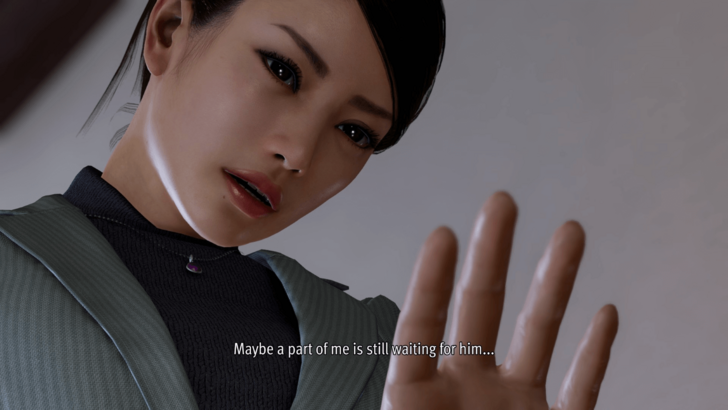 Despite its primary target audience, the series has faced criticism for its portrayal of female characters. Some players argue that female characters are often relegated to supporting roles or are presented in stereotypical, objectified ways. Discussions on ResetEra highlighted the ongoing issue of inadequate female representation and the prevalence of sexist tropes. The limited number of female party members and the often suggestive or sexual remarks made by male characters towards female characters are frequently cited as examples.
Despite its primary target audience, the series has faced criticism for its portrayal of female characters. Some players argue that female characters are often relegated to supporting roles or are presented in stereotypical, objectified ways. Discussions on ResetEra highlighted the ongoing issue of inadequate female representation and the prevalence of sexist tropes. The limited number of female party members and the often suggestive or sexual remarks made by male characters towards female characters are frequently cited as examples.
The damsel-in-distress trope is also a recurring concern, with characters like Makoto (Yakuza 0), Yuri (Kiwami), and Lilly (Yakuza 4) serving as examples. Chiba, in a lighthearted comment, acknowledges the tendency for female-centric conversations to be interrupted by male characters, suggesting this pattern might continue.
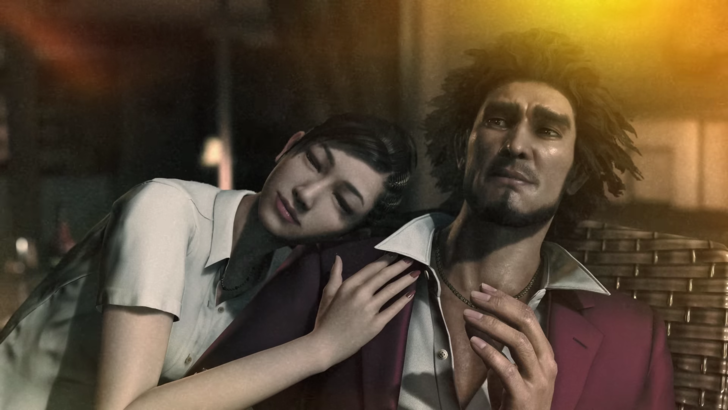 While the series has shown progress in incorporating more progressive elements, it occasionally falls back on outdated tropes. Nevertheless, newer installments like Like a Dragon: Infinite Wealth (awarded a 92 by Game8) are seen as positive steps forward, balancing fan service with a vision for the future of the series. For a detailed analysis, please see our review.
While the series has shown progress in incorporating more progressive elements, it occasionally falls back on outdated tropes. Nevertheless, newer installments like Like a Dragon: Infinite Wealth (awarded a 92 by Game8) are seen as positive steps forward, balancing fan service with a vision for the future of the series. For a detailed analysis, please see our review.












